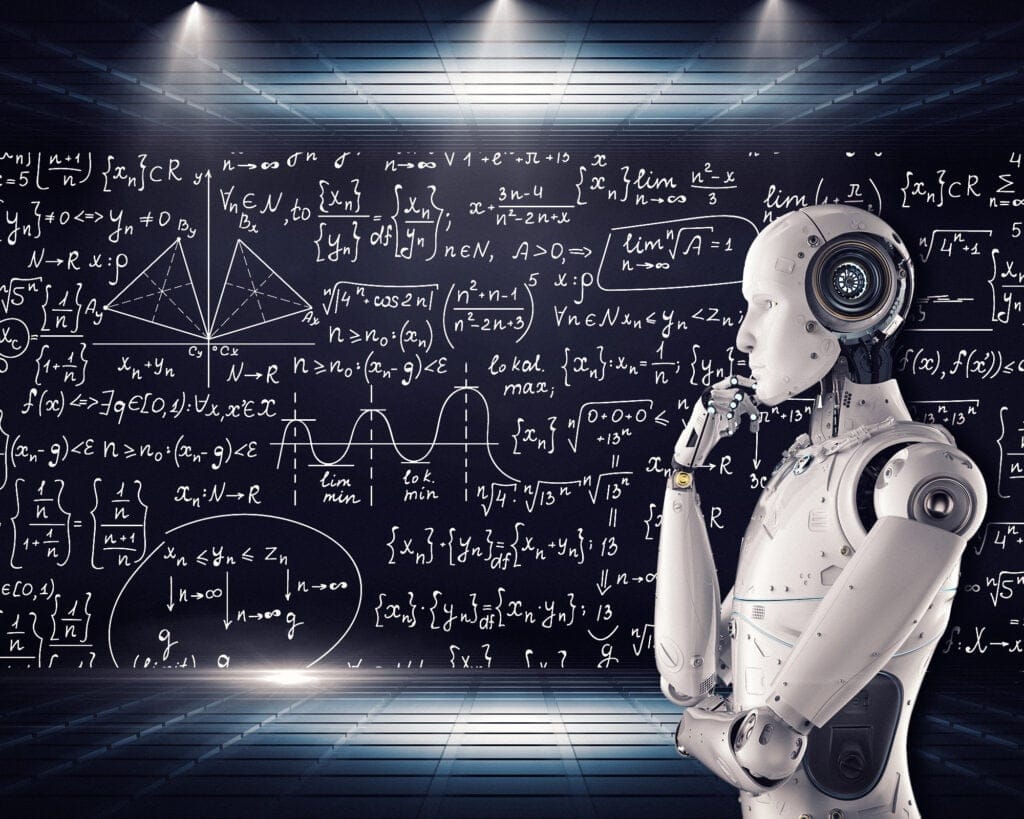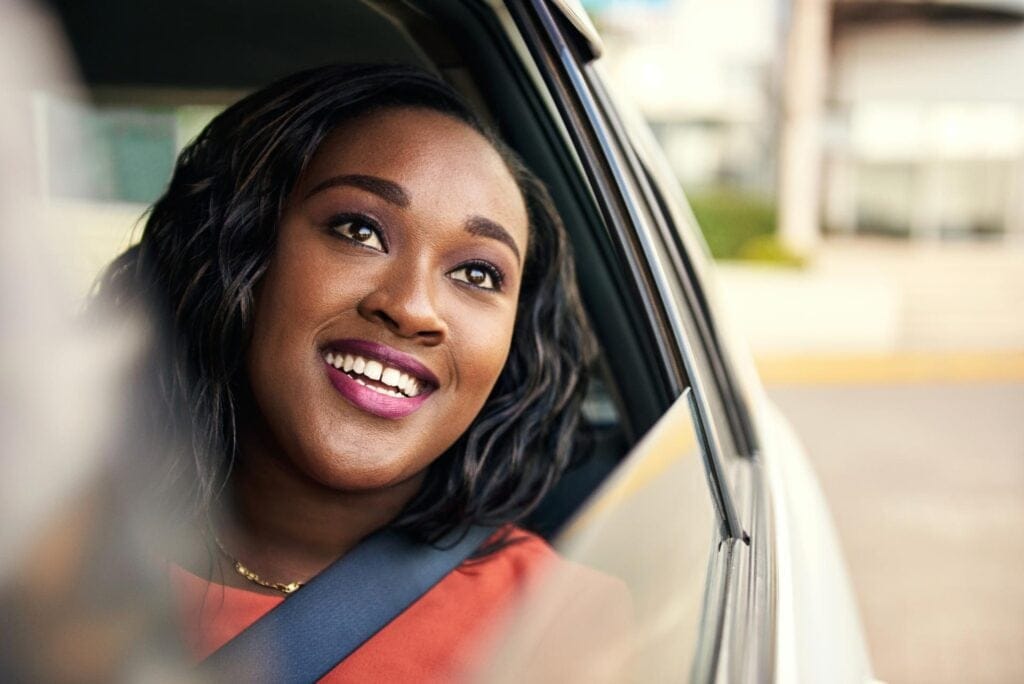Influencer interview: Sacha Handgraaf, Sustainability Speaker and Trainer
February 3, 2020 / Europe
Sacha Handgraaf is the founder of Sustainable Inspiration, which is based in the Netherlands. Sacha spoke at an industry event in the Uber Amsterdam office. She encouraged everyone to reflect on their habits and core values in order to take steps towards more sustainable choices.
Sacha has an MSc in Sustainable Development. Through this and her work speaking and training about sustainability, she has a deep knowledge of how a shift in cultural mindset is needed to create a truly sustainable society. We’re excited to share her insights.
Let’s hear it from her:
Protecting our earth has always been my greatest passion. It was, therefore, no difficult decision to study Environmental Sciences, followed by an MSc in Sustainable Development. I have also always been interested in personal growth and I’ve done extensive training on this subject. After working at a consultancy agency for a few years, I realised that the combination of sustainable development and the current mindset of our society is one of our biggest challenges: why do we make the choices we make? Why is it so difficult for us to make more sustainable choices?
This is the reason I founded Sustainable Inspiration: to contribute to a cultural mindset shift needed to achieve a truly sustainable society. I help organisations to understand the reasoning behind their daily choices, and how to put sustainability on the agenda of the organisation as a whole.
Outside of work I love to be in nature, especially hiking in forests and mountains. I also love all kinds of dancing and I love to cook for my family and friends.
Making sustainable choices in business travel
1. Sustainability is a key issue for everyone. What inspired you to specifically focus on sustainability for organisations?
While I believe the consumer has a lot of power in making decisions and shaping the sustainability paradigm, I do believe that organisations play a leading role in shaping the sustainable society as a whole. Working on this sustainable mindset at organisations is therefore crucial.
2. What do you love most about the work you do?
I love to make people more enthusiastic about our earth and inspire them to take care of it. After all, in the end, this is all we’ve got. I also love to talk with people about their different backgrounds and what motivates them to make certain choices, which often is a subconscious decision. Two crucial parts when talking about creating a sustainable mindset within organisations!
3. Why do you think our mindset is often not part of the sustainability dialogue?
We are very used to talking about big world problems in terms of numbers. By quantifying problems we can better understand and evaluate them, which makes it easier to understand in our own frame of reference. The reasons behind our actions and choices are much harder to quantify, because they are so deeply personal, and we are so often unaware of them.
Sacha Handgraaf, Founder, Sustainable Inspiration“Making more sustainable choices starts with understanding why we make our choices in the first place. The foundation for our actions and choices springs from the things we learned from our parents and perceptions that are determined by our culture.”
Also, especially in bigger organisations, we have to justify our decisions to our stakeholders, who want to see growth in numbers. It is therefore very difficult, but paramount, that we as a society start to evaluate the way we see things. We first need to look at our values and habits before sustainable development can take place. Therefore a change of mindset has to take place on all levels.
4. What is the role of organisations in changing people’s mindsets?
Organisations can both influence their employees to make more sustainable choices at work as well as influence their consumers or clients.
For example, organisations can think in a different way about how they offer their products and/or services to their consumers and clients. Why is the product packaged this way? What happens after the product has fulfilled its use? Why do we automatically assume people choose a certain option? By offering products or services in a slightly different way, you can help people to review their choices.
5. When did you start to identify your own unconscious habits?
I’ve always been fascinated by personal growth and other people’s behaviour. Just doing something simply because we are used to doing it a certain way, was not enough of an argument for me to justify our actions.
I think there lies the start of a transformation towards a more sustainable mindset: you do not have to live this perfectly sustainable life (though you can always strive to, of course). But simply becoming aware of why you choose to fly or buy a certain product every week. Is it simply because you are used to doing it that way or because you actually really need it?
6. How do you move around when you travel? What influences your transportation choices?
My love for our earth and nature is reflected in my love for travel and to see the world. So yes, I’ve flown quite a lot. But even while travelling I’ve made very conscious choices to, for example, take the train instead of flying whenever was possible.
Since 2019, I’ve been challenging myself to not fly at all for a while. And so far I’ve stuck to that promise! Looking for other options helps you to think outside the box. Within the Netherlands, I usually use my bike or public transport. We are so lucky with our public transport system! It’s something we often take for granted.
7. What do you personally do to learn more about being sustainable and changing your habits?
Both my BSc in Environmental Sciences and MSc in Sustainable Development have given me quite a strong foundation about what it means to live sustainably. But of course, new technologies and ideas always emerge. I read new books, go to interesting events and talk to inspiring people. I also partake in quite a few trainings myself about mindset change and personal growth, which I believe is an important part of it.
8. There’s a new generation entering the workforce, and they have more awareness of newer technologies and sustainability issues. How do you think their habits and priorities will affect business travel over the next 10 years?
The new generation plays an important role in the shift to a more sustainable society, since they often have a greater awareness of sustainability issues. On the other hand, they are still very much influenced by the choices of their parents and even previous generations. Breaking free from these cultural paradigms is very difficult to do within a single generation. Therefore, being more aware of our global problems is not necessary a facilitator of change. It is also very important to realise how you make and change your daily choices
9. What’s one story from your experience at Sustainable Inspiration that illustrates a time you made a true impact on an organisation or individual?
I have given quite some lessons at ‘De Bewustzijn School’ in Amsterdam. During these lessons, we talk about how to achieve a sustainable mindset and how most of the decisions we make are based on our subconscious perspectives of the world. During these lessons, the participants came to very interesting new insights and realised how the way our ancestors thought and made decisions still affect the decisions we make today. It’s such a very interesting process to be part of and to inspire people to think in a different way about the decisions they make!
10. Finally, what’s the most important piece of advice you have for organisations who want to make more sustainable choices?
Talk with your employees about how they view the vague and often misinterpreted concept of sustainability: is it a very important value in their (working) life? Why—or why not? Both answers are fine, but it is important to know how they actually feel about the subject when you want them to make more sustainable choices. Intrinsic motivation is the best driver for change. But also check with them how or why they make certain decisions. What is the most important factor they take into consideration when they make a decision?
These talks can become quite personal but are crucial if you want your employees to make sustainability a core value within your organisation. By unravelling the values and habits of the people that make up your company, you can unlock great potential for change.

Want more?
Sacha Handgraaf talked about breaking habits to achieve a sustainable mindset at a business breakfast in Uber’s Amsterdam office. Find out the highlights from this event.
Posted by Jodi ten Bohmer
Simplify travel expenses for your business
Related articles
Most popular

Introducing the Prompt Engineering Toolkit

Serving Millions of Apache Pinot™ Queries with Neutrino

Your guide to NJ TRANSIT’s Access Link Riders’ Choice Pilot 2.0

Moving STRIPES: innovating student transportation at Mizzou
Products
Company




